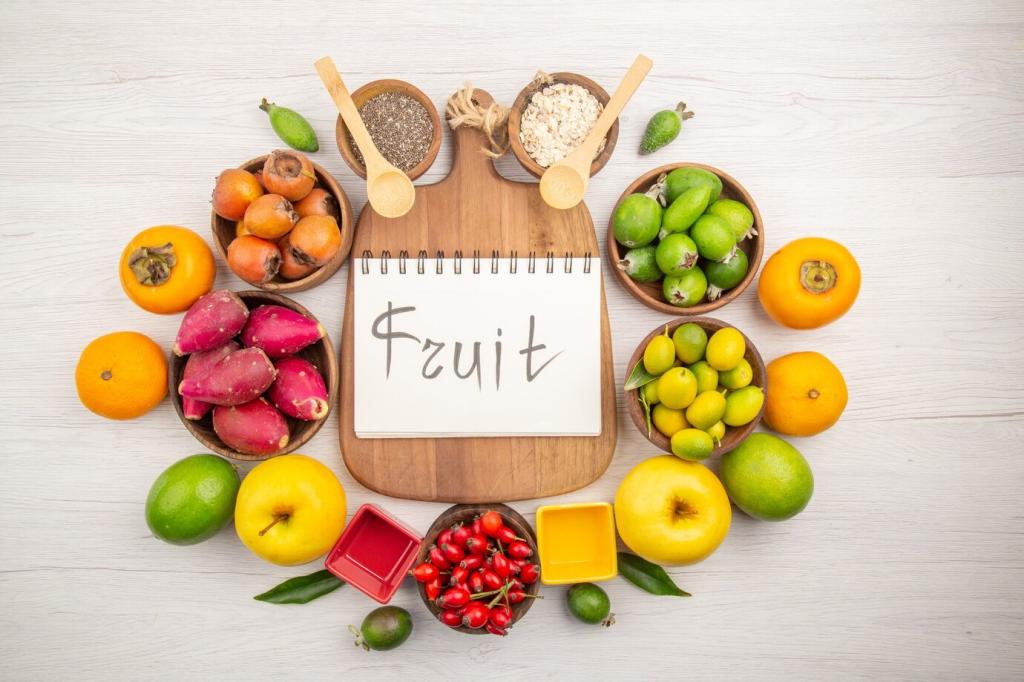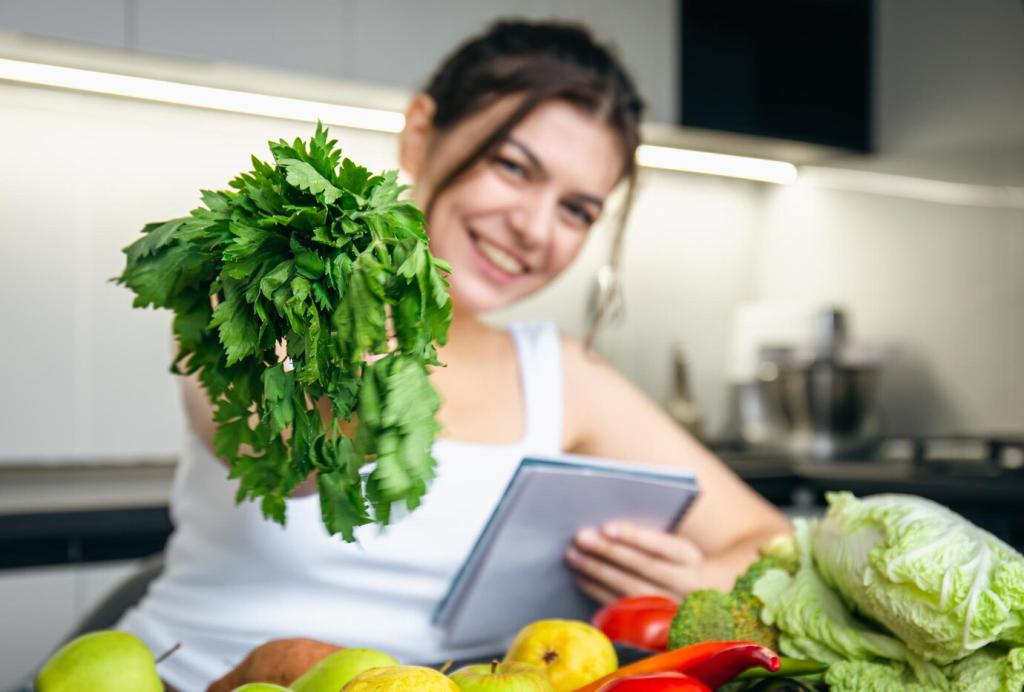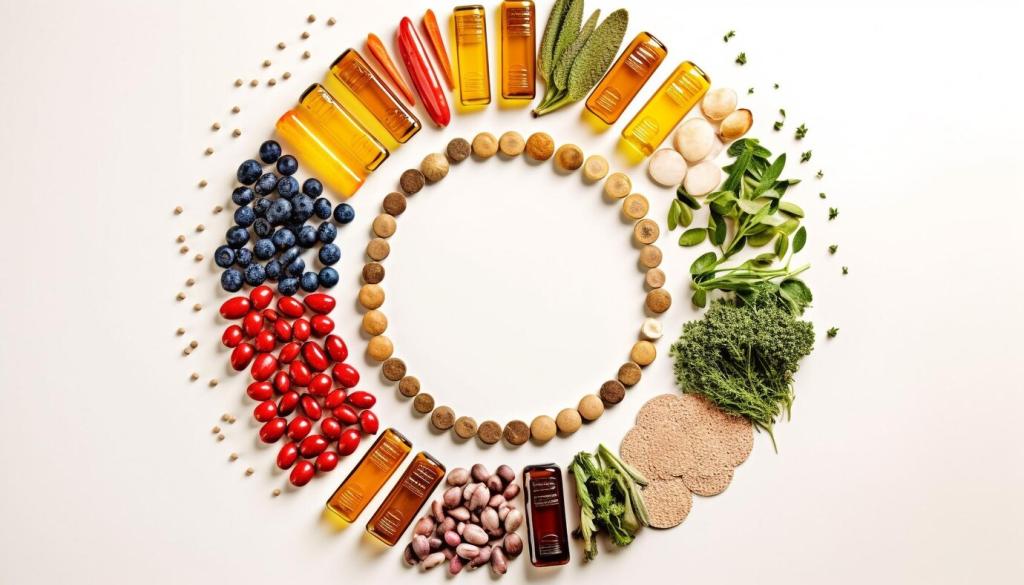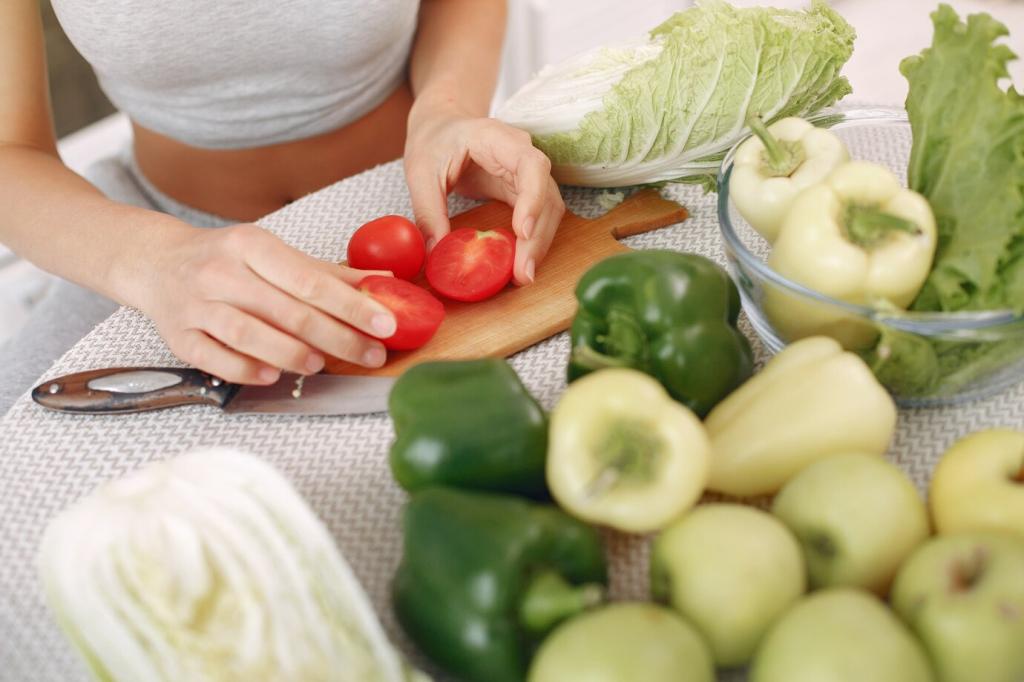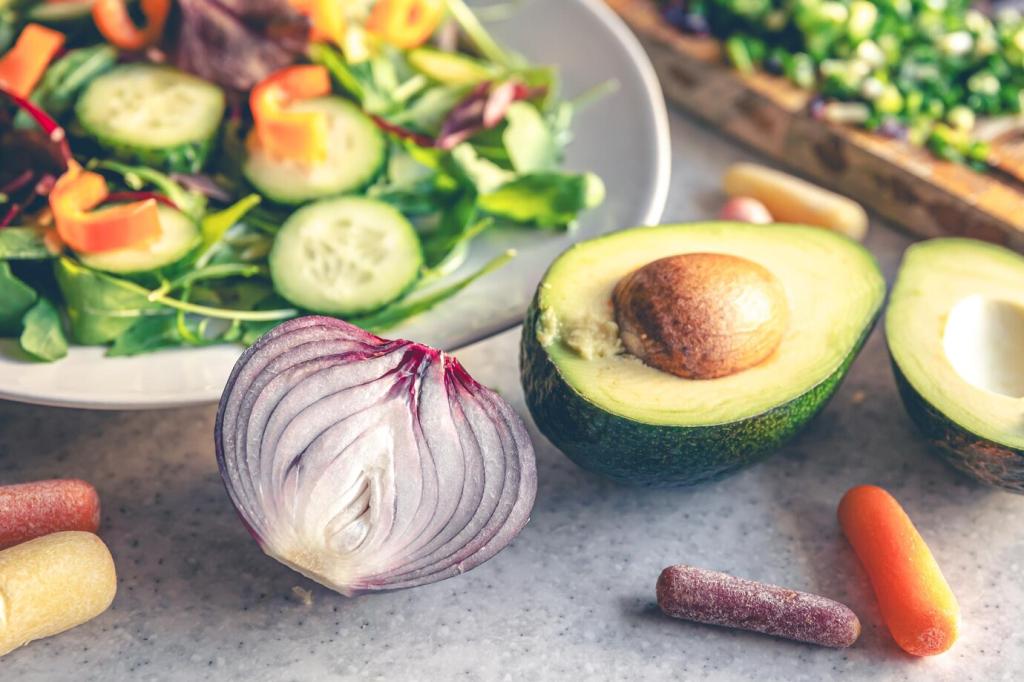Vitamins A and E: Antioxidant Allies for Mucosal Defense and Recovery
Choose orange and dark green vegetables—carrots, sweet potatoes, kale, and spinach—for vitamin A. Add nuts, seeds, and olive oil for vitamin E. Food-first variety helps avoid excessive doses while supporting daily training demands.
Vitamins A and E: Antioxidant Allies for Mucosal Defense and Recovery
Intense training produces free radicals, but megadoses of antioxidants may blunt training adaptations. Prioritize balanced food sources and discuss any supplements with a professional to protect gains while supporting immune function.

